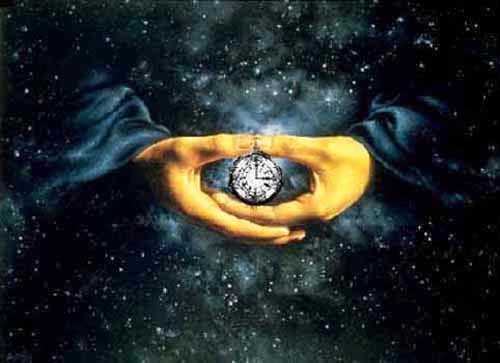Argument 1:
- Anything composed is something one that is made of many different things (e.g. human person with arms)
- Since many different things introduce unity into a composed thing by being united, the composed thing did not exist prior to being united
- Yet, God is eternal and did not come to exist
- Therefore, there is no composition in God
- Every composite is subsequent to its components
- But, God is not subsequent to anything
- He is eternal and did not come to exist
- Therefore, God is not a composite
 |
| Simplicity |



